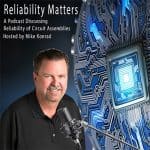
Live from SMTA’s Pan Pacific Strategic Electronics Symposium (PanPac)
This episode was recorded at SMTA’s Pan Pacific Strategic Electronics Symposium on the big island of Hawaii.
My guests on this episode are Dr. Chuck Bower, founder of PanPac, Keith Bryant, and Dr. Ron Lasky.
We discussed the history of PanPac, technologies introduced at PanPac, and what makes PanPac so unique. We also discuss Dartmouth College’s unique engineering innovations program.
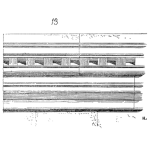
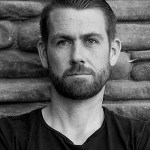

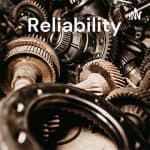




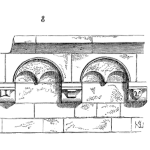



 Ask a question or send along a comment.
Please login to view and use the contact form.
Ask a question or send along a comment.
Please login to view and use the contact form.